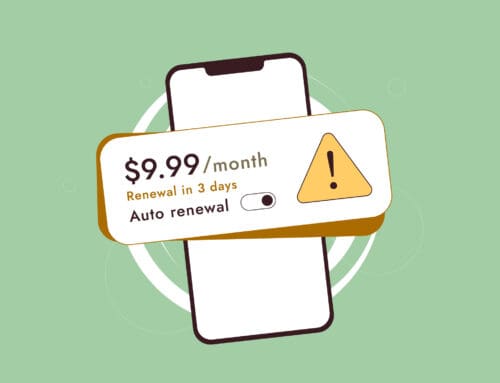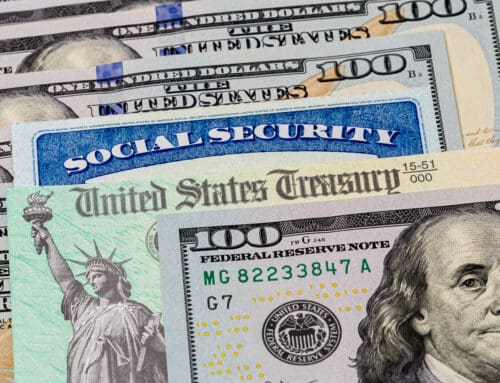 When I was a young attorney in my later 20’s, I asked a friend in the stock brokerage business about starting to invest. I thought he would be glad to help me execute my trades or find the best mutual fund. But he surprised me.
When I was a young attorney in my later 20’s, I asked a friend in the stock brokerage business about starting to invest. I thought he would be glad to help me execute my trades or find the best mutual fund. But he surprised me.
He refused to help me. I had no savings, no fund for safety against the inevitable emergencies that seem guaranteed to plague every young family. My friend has done very well helping many others with similar wise counsel. I have never forgotten the lesson although I didn’t always follow it to the letter.
In the three decades of my own financial practice, I have seen countless examples of challenges and even ruin for those not following financial planning rule number one. Save an amount equal to three to six months of your basic expenses in an account with little or no risk of loss. Period. No ifs, ands or buts.
Most people see that as an impossible task. Dave Ramsey, author of the Complete Money Makeover, helps with a simplification. Since three months of basic expenses is likely to be $10,000 or more, he urges, get to the first Thousand as soon as possible. How? Beans and rice, rice and beans!
Why is this so difficult? Our basic human nature to want almost anything we do not presently have is today so craftily encouraged by those geniuses among us dangling the bait that promises self-esteem, admiration, peace and inner fulfillment. Making saving your first priority every month is the simple key.
We all need to plan on or before pay day where every dollar will be committed. Hillcrest Transitional Housing helps homeless people regain self-sufficiency by rigidly teaching the difference between wants and needs. An apartment or home followed by utilities and food—these are needs. Even my beloved ice cream is not a need!
If a person has an income, a few dollars a day makes a huge difference. If you make coffee at home, buy soft drinks at the grocery store, make a sack lunch for work, drink water when you do eat out, you will have an extra $5 or more per weekday. That is over $100 per month. Some wise person said if you mind the pennies, the dollars will take care of themselves. (With inflation, just substitute dollars and Ben Franklins in that phrase.)
It is possible to save on big expenses too. In the 1980’s, Chrysler invented the minivan just for us. They were very proud of it too. We paid about $20,000 for our first two new ones almost thirty years ago. Last weekend, we purchased one meeting Karen’s specifications exactly. We paid $14,000 for a topline one already broken in. She is happy; I am happy.
With the $18,000 we saved not buying new, we can afford inevitable repairs as we put the next sixty or seventy thousand miles on it. Even the boomer-aged used car manager at the dealership admitted he no longer buys new cars for himself. Let someone else suffer the new car depreciation.
Your savings grow as you pay less personal property tax and less for auto insurance, especially with a higher deductible. One more tip: pay $65 or $75 dollars a year for your AAA membership. You may never need the tow truck but it provides great peace of mind.
This principle is so important that the couple who puts all of their savings for their entire life into the bank at zero interest will have far more money at retirement than the average American couple. Isn’t that sad? Don’t be that average couple.
(Past performance is no guarantee of future results. Advice is intended to be general in nature.)





